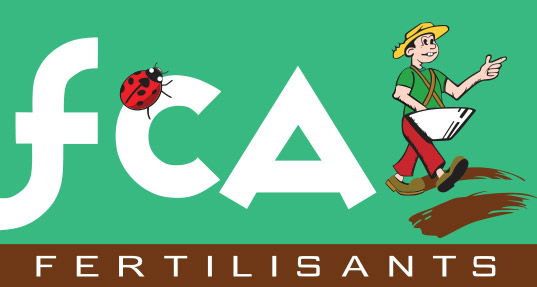Organic, mineral, biological, are all possible names to qualify a natural, non-chemical fertilizer. However, the characteristics associated with the different types of natural fertilizers are unique, as are their actions on plants and on the soil. Discover the different types of natural fertilizers and choose the fertilizer that meets the needs of your crops.
Types of natural fertilizers
Natural mineral fertilizers
Why talk about natural mineral fertilizers? Quite simply, because a mineral fertilizer can also be chemical. Therefore, they should be distinguished in order to avoid any confusion. A natural mineral fertilizer is made up of inert elements such as potash and phosphate, which come from natural deposits. It is also possible to find lava powder, as well as basaltic or granitic type rock powder. These powders are mineral elements rich in nutrients and trace elements, meeting the nutritional needs of the soil and the plant.
Organic fertilizers
Derived from living matter, organic fertilizers consist of elements from plant and / or animal sources that have not undergone any chemical treatment. Among animal materials, various elements are used: dried blood, crushed horn, dehydrated droppings, fish bones, or bone powder. The natural plant materials used are: algae, nettles, or comfrey manure. Whether liquid or solid, this type of fertilizer must be transformed and stimulated by microorganisms present in the earth, in order to stimulate the soil and ensure optimal assimilation by plants. They release compounds that naturally contain nitrogen, trace elements or phosphorus.
The contributions of the compounds used
The compounds of natural organic fertilizers should be used according to the needs of the soil and the plant. This should be done by analyzing the soil to reveal any plant deficiencies, as well as the quality of the soil. Specific compounds can thus be recommended. The volcanic powders, rich in silica, make it possible to fight effectively against certain diseases. Kieserite offers a large amount of magnesium and sulfur.
How to make sure that an organic fertilizer is natural?
Tracing the components that have been used. For example, when an organic fertilizer includes beet vinasse, it must be ensured that the beet residues used do not come from a crop on which chemicals have been applied. The same is true with wood ash, which can be a compound of natural organic fertilizers if the wood was not originally treated.
Natural fertilizer: a biological fertilizer?
Is a natural fertilizer an biologic fertilizer? In theory: not always. In practice: an organic certification label is required. Whether organic or mineral, a natural fertilizer has the distinction of using natural compounds from animal or plant materials. If these compounds have not indirectly undergone chemical treatment, then yes, a natural fertilizer is in theory a biological fertilizer. It only needs a biological approval to officially prove it.
If, a fertilizer or a natural amendment, includes compounds which have undergone an indirect chemical treatment, then the fertilization solution cannot be considered as biological. This can for example be the case for beet vinasse obtained from treated beet or from manure obtained from cows having consumed antibiotics. The mention “natural fertilizer” is therefore in some cases insufficient to consider the fertilizer used as being 100% biological. This may however be suitable for farmers who do not have legal obligations to use an biological fertilizer, and who wish to opt for the most natural fertilizer possible.
